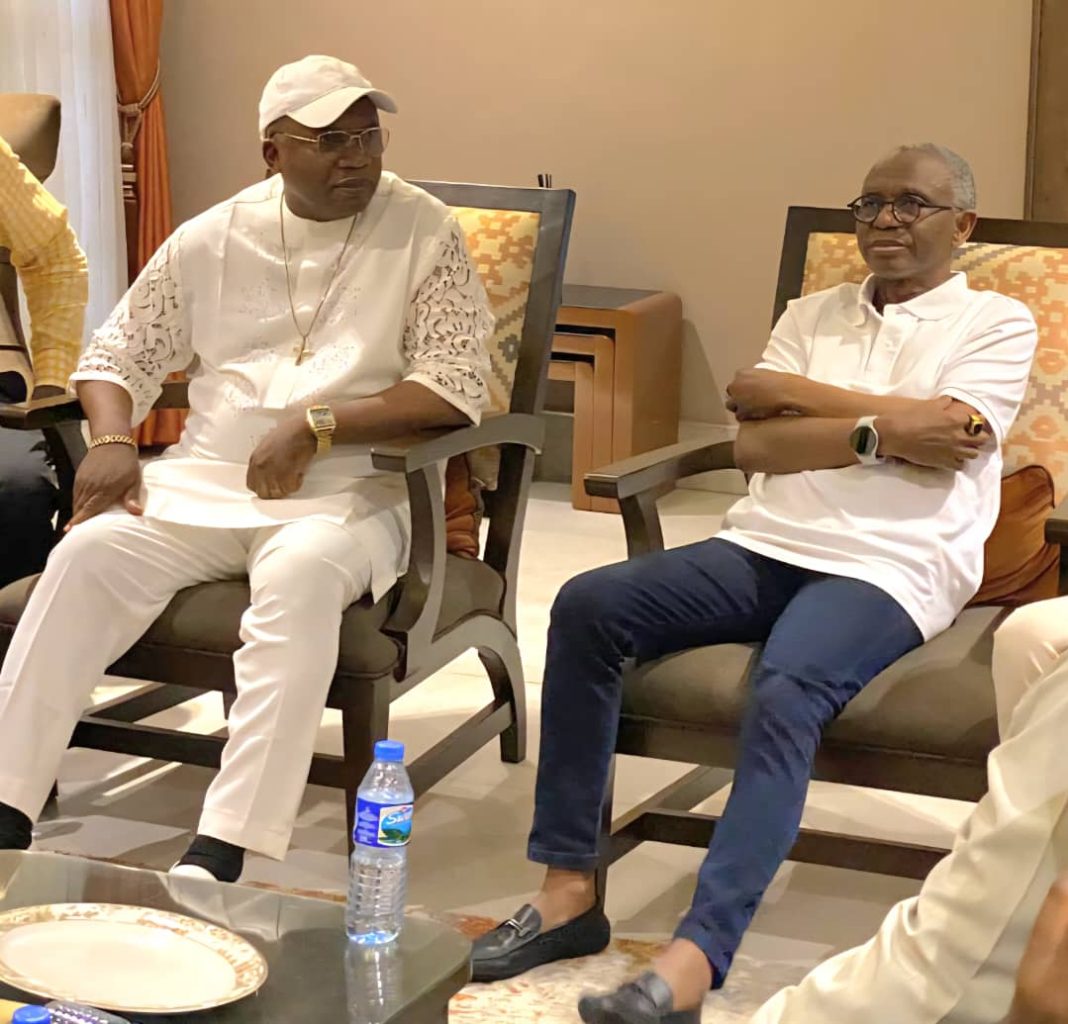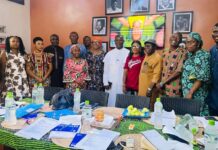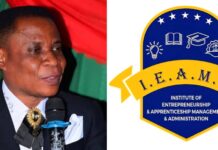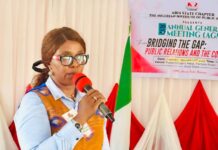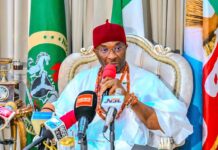As the tempo of political activities heightens ahead of Nigeria’s 2027 general elections, key actors across regional and ideological divides are engaging in high-level consultations aimed at shaping the nation’s democratic future.
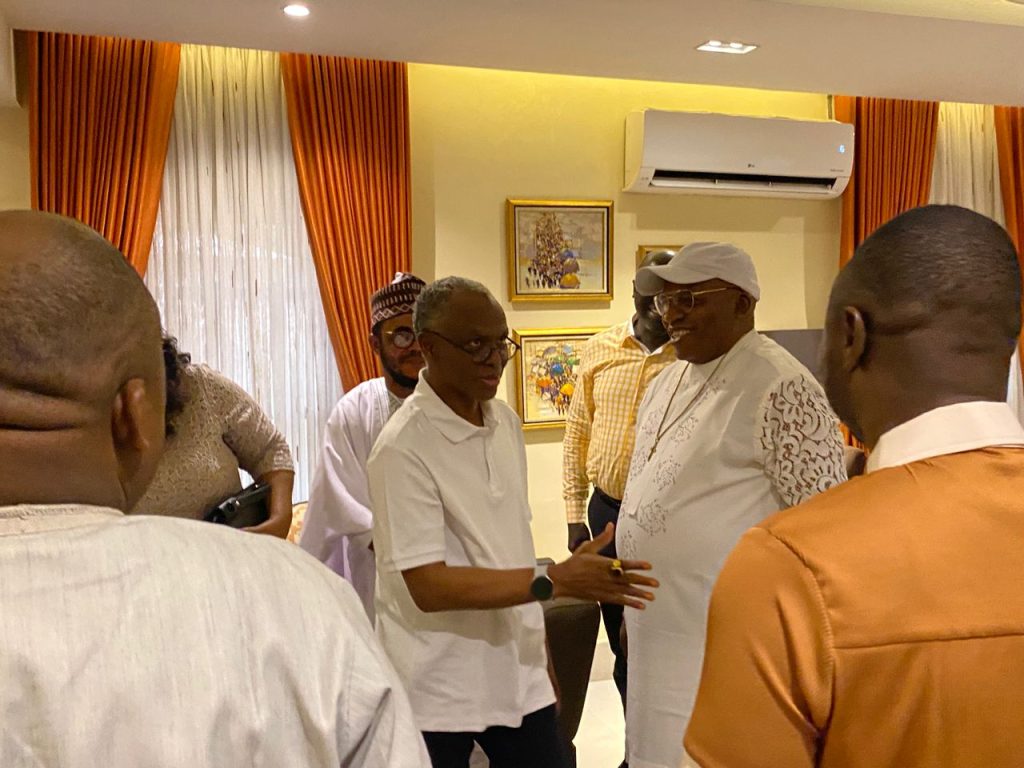
In one of such significant moves, Bishop (Prof) Emeka Nwankpa, National Convener of the South East Mandate for Good Governance (SEMGG), and 2023 governorship candidate of the Accord Party in Abia State, has held a strategic meeting with former Kaduna State Governor, Malam Nasir El-Rufai.
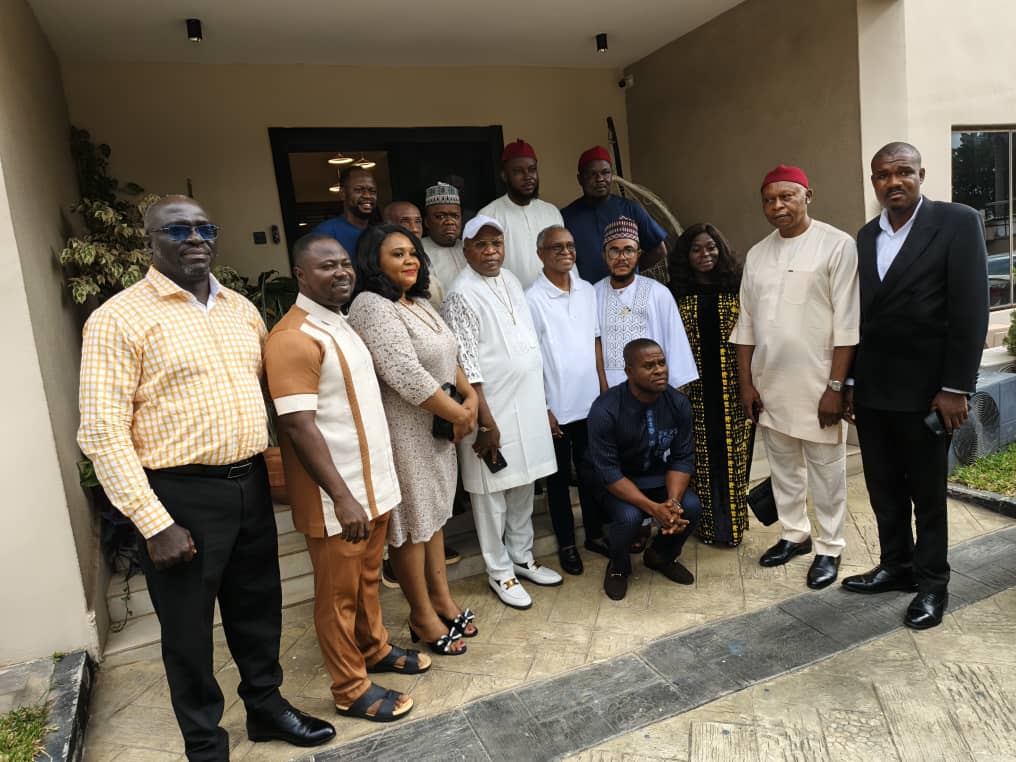
While the details of the closed-door engagement were not officially disclosed, credible sources suggest that the meeting centred on the ongoing political realignments and coalition-building efforts currently gaining momentum across the country. Observers believe the conversation is tied to the recent political convergence that has seen several interest blocs and advocacy platforms, including the South East Mandate for Good Governance, coalesce under the banner of the African Democratic Congress (ADC), positioning it as a formidable third force ahead of the 2027 elections.
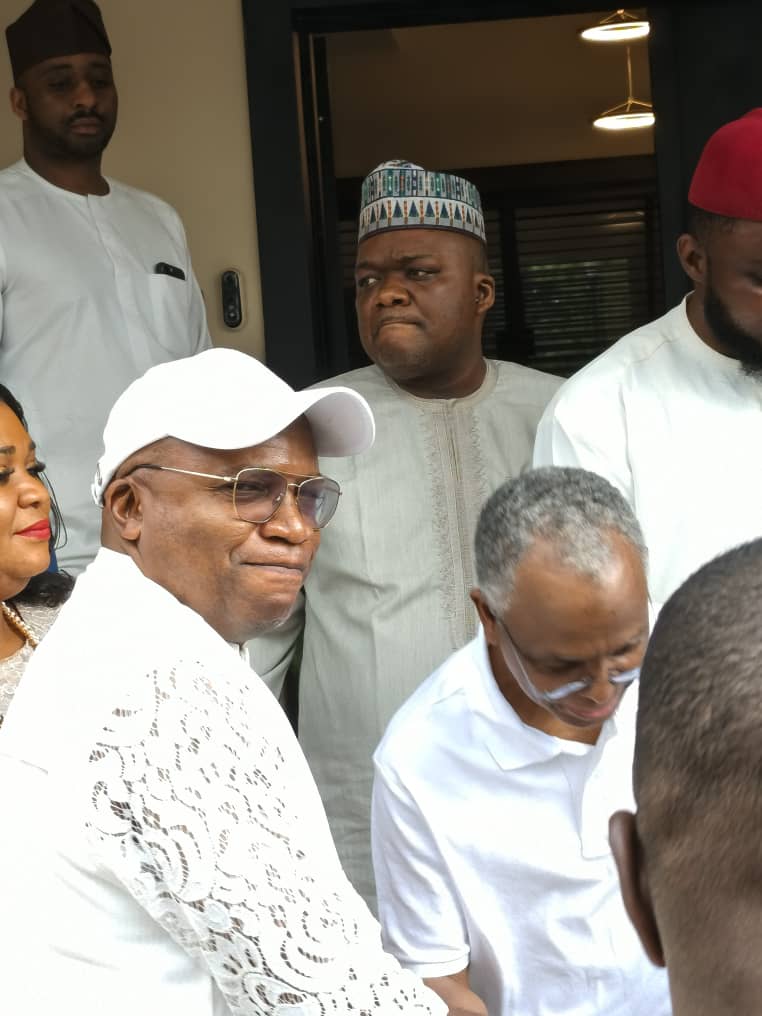
Bishop Nwankpa, a respected clergyman, academic, and socio-political advocate, has in recent years emerged as a unifying voice for equity, justice, and inclusive governance, not just in Abia State, but also in the South East. His leadership of the SEMGG has drawn widespread attention for its emphasis on issue-based politics, youth engagement, and inter-regional dialogue.
On his part, El-Rufai remains a strong political figure with national reach, known for his strategic acumen and reformist stance. His recent engagements suggest a growing interest in broader national coalitions capable of redefining Nigeria’s governance architecture.
Analysts see the meeting as a significant signal—one that underscores the readiness of critical stakeholders to move beyond regional silos and partisan entrenchment in pursuit of a common agenda for national renewal. As 2027 draws nearer, such interactions are expected to intensify, with many hoping they will give rise to a truly people-centred political alternative.
With the South East increasingly demanding a more visible stake in national governance, and with conversations around restructuring and power rotation back on the front burner, the role of leaders like Bishop Nwankpa in shaping the emerging narrative cannot be overstated.
Whether this meeting will translate into a formal alliance or strategic collaboration remains to be seen, but what is clear is that the ground is shifting, and voices long considered peripheral are now part of the central conversation.

